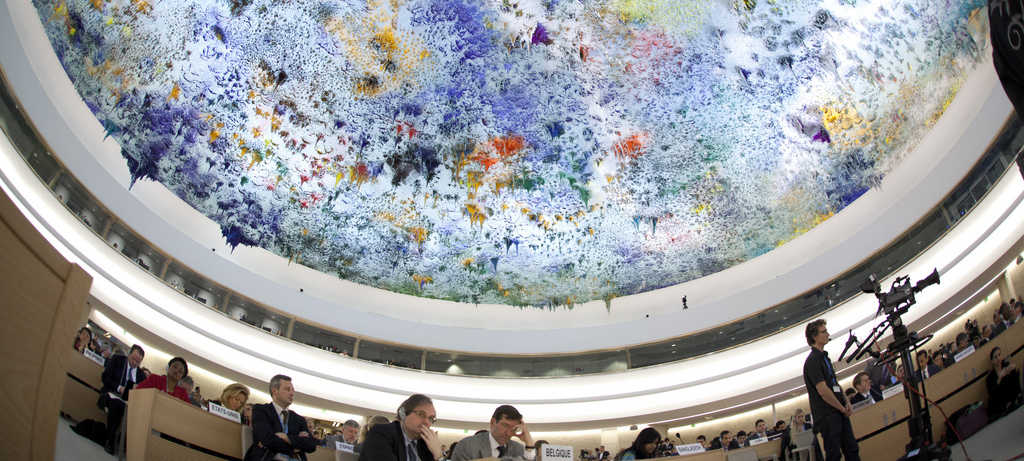On 10 July, the Special Rapporteurs on freedom of expression from the United Nations (UN), the Organization for Security and Co-operation in Europe (OSCE), the Organization of American States (OAS), and the African Commission on Human and Peoples’ Rights (ACHPR) issued a Joint Declaration in London on “Challenges to Freedom of Expression in the Next Decade.”
The Declaration spells out the most important recommendations for safeguarding free expression that stem from the continued joint work of the Rapporteurs for the past 20 years. Importantly, the Declaration looks into the new challenges related to the internet and dominant online platforms.
The Rapporteurs call on governments to take a number of actions, including protecting the safety of journalists, promoting media diversity, and enforcing meaningful transparency when regulating free expression on online platforms.
Importantly, the Rapporteurs point out that any limitations to freedom of expression imposed by governments in the form of law or policy at any level should respect human rights standards. This includes limiting criminal law restrictions on free speech and reaffirming the principles of legality, legitimate aim, necessity, and proportionality. These are legally binding principles under international human rights law that governments around the world continue to circumvent.
Additionally, the declaration addresses several important societal challenges, such as incitement to hatred and the challenges surrounding disinformation. These are two recurring issues many governments currently have on their agenda. The Declaration offers useful guidance, and calls for governments’ actions to be compatible with human rights. This is important in light of recent regulatory and legislative proposals that disregard their impact on human rights.
Access Now warmly welcomes the Rapporteurs’ appeal to protect encryption and anonymity, safeguard Net Neutrality, and rein in the abuse of surveillance technologies.
The Joint Declaration rightly points out that the abuse of market dominance in online advertising and communication platforms (including social media) represents a threat to free expression. The power over content creation and distribution channels is in the hands of very few, and so is the ability of platforms to influence public debate. We share the Rapporteurs’ view that governments must ensure the sustainability of local and public media and address concentration issues.
In terms of the decisions that private entities make about user-generated content (content moderation), the Rapporteurs recommend establishing independent and multi-stakeholder oversight, transparency, and accountability mechanisms. They remind companies of their responsibility to respect human rights and mitigate harms, a duty affirmed by the UN Guiding Principles on Business and Human Rights. We recently published a human rights guide to content moderation and oversight boards, with actionable principles that online platforms should follow.
Access Now congratulates the Special Rapporteurs for issuing their 20th annual Joint Declaration and supports their continued diligence in addressing threats to the freedoms of opinion and expression in digital spaces. “We hope this declaration will inform decision makers in governments and companies alike that are looking at pressing issues of our time, including disinformation, extremist content, and other forms of content regulation. We urge them to pay careful attention to the human rights safeguards that need to be in place when implementing any related policy,” said Guillermo Beltrà, Policy Director at Access Now.
